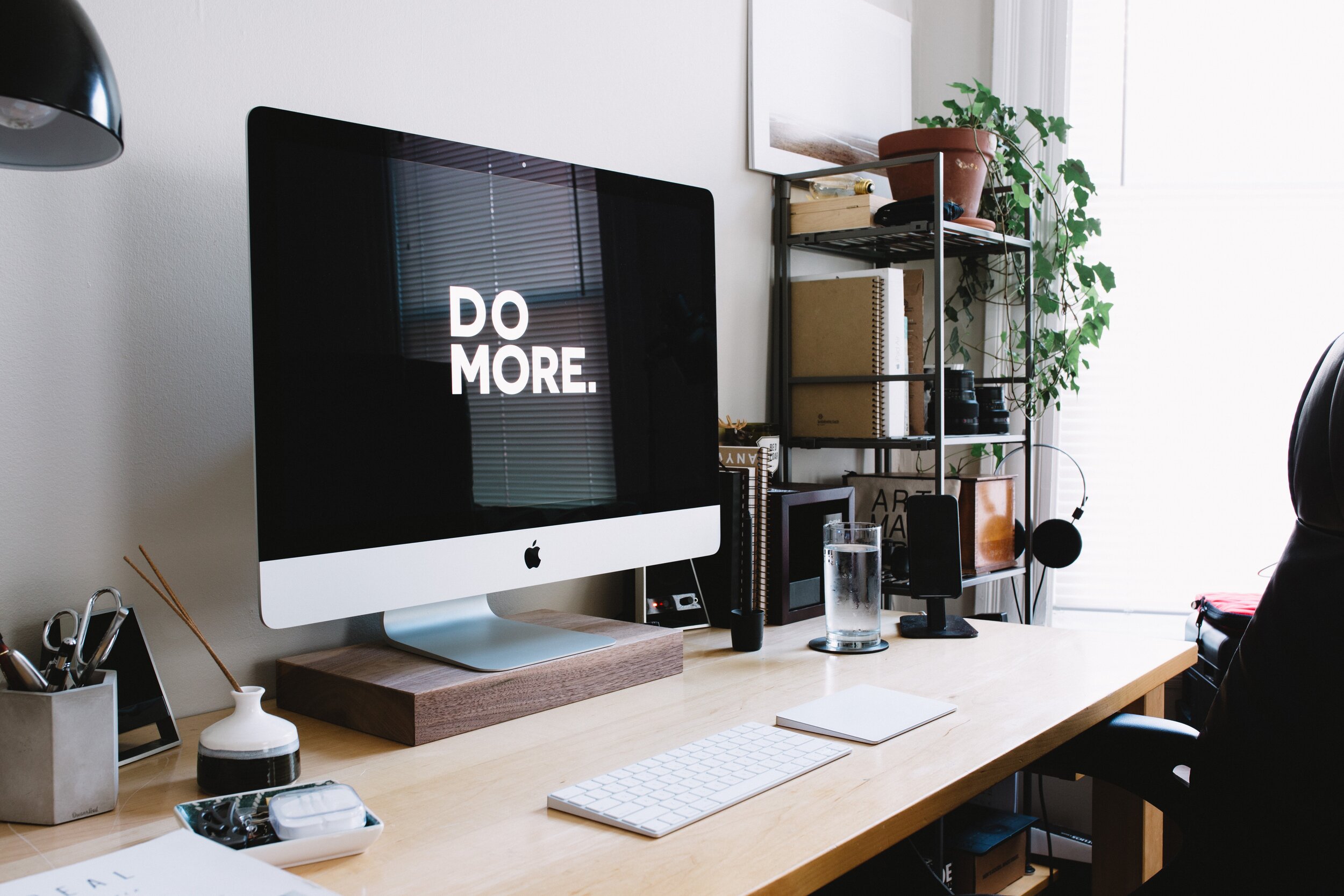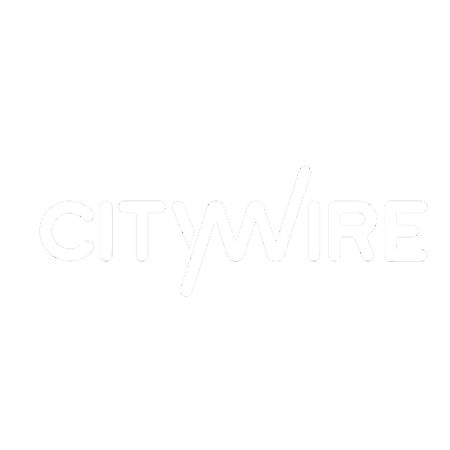By Leyla Acaroglu
Most people are aware that individual actions have impacts on the planet — both potentially positive or negative — but what is less considered is the impacts that our actions in business have. Many of the global environmental and social issues we face are directly attributed to the economy, and all work, in all its forms, impacts the economy in some way. From producing goods and services through to purchasing products to conduct operations, these are all aspects of the complex global supply and demand cycles that drive up ecological damage or create new markets for more sustainable outcomes.
Sustainability in business is about integrating an approach to operating a business that meets the needs of your customers and workers without negatively impacting the planet at large into the DNA of your organization. This involves the harmonizing of these three key factors:
Considering the social, environmental and economic impacts so that the actions, the decisions and the outcomes of your operations do no harm;
Working toward offering back more than you take and contributing not just goods and services to a linear economy, but creating value that is wider than pure economic gains.
Understanding where in your operations and experiences (for customers and workers) you need to instigate technical and cultural change so that you continually improve working toward a carbon positive and sustainable business.
In order to achieve this transformation, all agents in the business ecosystem need to be aligned to the opportunity that sustainability offers. Leadership is crucial in this. Demands from workers are driving organizations to take action, but the most effective change happens when leaders lead the change with passion, knowledge and motivation. It's very hard to not align people to a common good when they are exposed to the facts in a way that connects to them and their lives. This is what we are seeing with climate change — people are demanding that their companies take action to show leadership.
We live in a time when the availability of information makes it hard to avoid the realities of our collective environmental and social ills; however, there are many forces of misinformation and anti-science that support a lack of action, or the intentional blocking of progressive change.
But when you get to the core of it, all humans need nature — we all want our kids to have a positive future. And when you look at it from this perspective, you would be hard-pressed to find someone who would eventually agree that the negative impacts of a rapidly changing climate, ocean plastic waste or air pollution are positive things that we should encourage. All companies impact these areas. They take in resources and pump out pollution in the process; unless a business has assessed and thus understand these impact areas, it will continue to have a negative impact by default.
Business Impact Areas
There are three main activity areas where organizations have impacts and thus present the main opportunity to make change within:
Operations — through the energy, water, waste and procurement that the company consumes and produces in order to do business.
Products — those that are produced by the company as part of their offering into the economy. These have significant supply chain and natural resources impacts and should be considered in relation to full life product stewardship.
Experiential — the services and culture that the organization creates and fosters both with customers and with employees.
Forces for Change
It’s not just common sense to introduce sustainability into any business; it’s also an increasing demand from key stakeholders, such asthe workforce. They see the issues at play and want to work for companies that align with their values.
The Purpose-Driven Workforce
The changing workforce is demanding meaning and purpose-filled work as we move from Baby Boomers being the biggest generation to Millennials. Studies done by Deloitte and McKinsey show that Gen Z and Millennials are deeply concerned about environmental issues such as climate change, and want to not only work for a company that speaks to these values but also to buy from them as well. Recent studies from Mercer 2018, WBCSD report “Complex disruptions to the Future of Work”, Harvard Business Review, and The Deloitte Global Millennial Survey 2019 all demonstrate these trends in play.
“Employers are responding to workers’—especially Millennials’—demands for better work/life balance with increased telecommuting, flextime and other accommodations. Since 1996, the percentage of organizations offering telecommuting has increased threefold (from 20 to 60 percent), and the percentage offering telecommuting on an ad hoc basis has increased from 45 percent in 2012 to 56 percent in 2016.“ (SHRM 2016)
The Stakeholder Demand
For many years, sustainability was driven by customers, regulators and sometimes internal leaders. These stakeholders helped early adopters and pioneering organizations be first out of the gate in ensuring that their business operations and profit-building activities don’t negatively affect the planet. So of the most successful examples of this in large companies are InterFace Floor, Patagonia, and Ikea.
But now the drivers for change are coming from less-likely stakeholders, with shareholder activists, corporate governance and CEOs themselves starting to demand higher sustainability performance from their teams, seeing not only the value in a responsible company but also the realistic necessity to take action to curb climate change and ensure that natural resources are protected for future generations.
In early 2020, many things coalesced to show this significant increase in the normalization of sustainability in business. One was Microsoft announcing that they will buy back all the carbon they have ever produced. Another was the CEO of the world’s biggest investment firm, BlackRock, announcing that they would no longer invest in companies that don’t take climate action, and then in mid-2020 came good on this by divesting from several fossil fuel companies.
Even more so, the COVID-19 course has opened up an unlikely opportunity to build back an economy connected to reliance and sustainability, with the European Union, the UK, Canada and many other leading nations committing to creating a green economic recovery plan. This has opened up massive opportunities for organizations to assess and disrupt their own old way of doing business and bring in new leaner, greener and healthier work practices.
Helping you get Sustainability into Business Decision Making
Sustainability can be complex and overwhelming at times. Understanding the difference between the terminology, methods, assessment tools and then deciding what works best for your industry and scenario are all considerations that managers and senior leaders face.
What is the circular economy and how do we participate in it? What are our operational impacts and how do we assess them? What about being carbon neutral — is that something we need to do now? These are all the kinds of questions that organizations are asking themselves, and google searching the answers isn’t cutting it.
That’s why we have an entire suite of Business Sustainability programs to support the active assessment and transition for any size company, whether you are just beginning to implement sustainability in business or you are working on becoming a carbon-positive organization.
A sample of some of the Business Sustainability online courses available at online.unschools.co
Led by Dr. Leyla Acaroglu, UNEP Champion of the Earth, Designer and Sociologist, her expertise in sustainability and tools for the circular economy allows for a rapid uptake and understanding of the core considerations that anyone working to affect change within an organization needs to know.
The core topics in our Business Sustainability knowledge category include:
Sustainability in context of what it is, is not and how to do it well. Included in this is an overview of all the aspects within, from climate change to recycling and the circular economy, as well as how this affects business and workplaces and the practical actions you can take to eliminate impacts and build a more sustainable business.
A clear overview of all the terms and concepts that apply to sustainability, carbon positive workplaces and the circular economy.
Life cycle thinking and understanding the supply chain, along with design and manufacturing of products you make and also consume. This supports base-case assessment, design changes, and also procurement choices.
Material impacts and decisions around business activities, such as waste and energy services. Discover how to use environmental impact assessment in ways that support better decision making and reduce costs.
The theories and approaches to making positive change within your organization.
Understanding the areas of impact that any business must consider and practical approaches to reducing these.
Business Ethics and leadership tools for engaging your people in effective, respectful and motivating ways, with action checklists and support in writing environmental policies and reporting.
How to create products and services for the circular economy.
JOIN AN INCREDIBLE LIVE ONLINE WORKSHOP IN ACTIVATING SUSTAINABILITY IN YOUR BUSINESS
Sustainability can be complex and overwhelming at times. Understanding the difference between the terminology, methods, assessment tools and then deciding what works best for your industry and scenario are all considerations that managers and senior leaders face.
This program lays out the core thinking and decision-making tools required to advance sustainability and the circular economy within the business environment, led by Dr. Leyla Acaroglu, UNEP Champion of the Earth, Designer and Sociologist.
Her expertise in sustainability and tools for the circular economy allows for a rapid uptake and understanding of the core considerations that anyone working to effect change within an organization needs to know.
